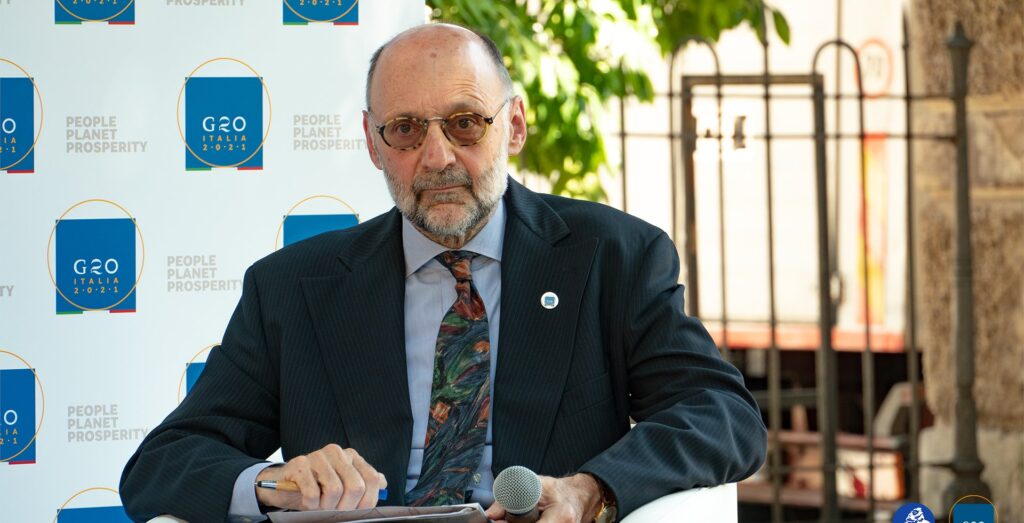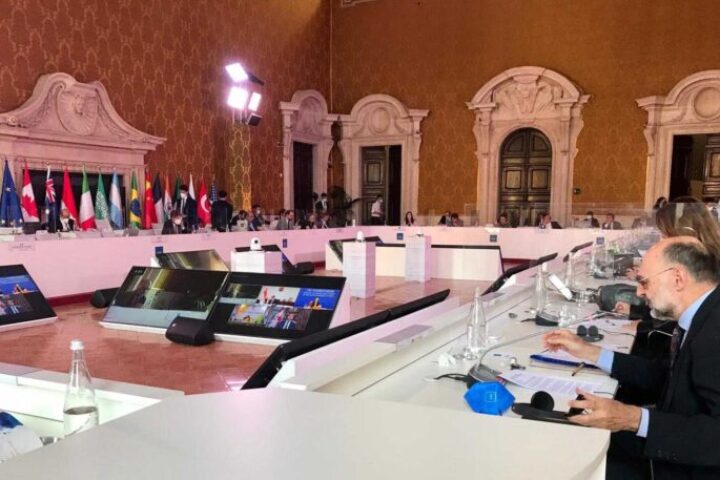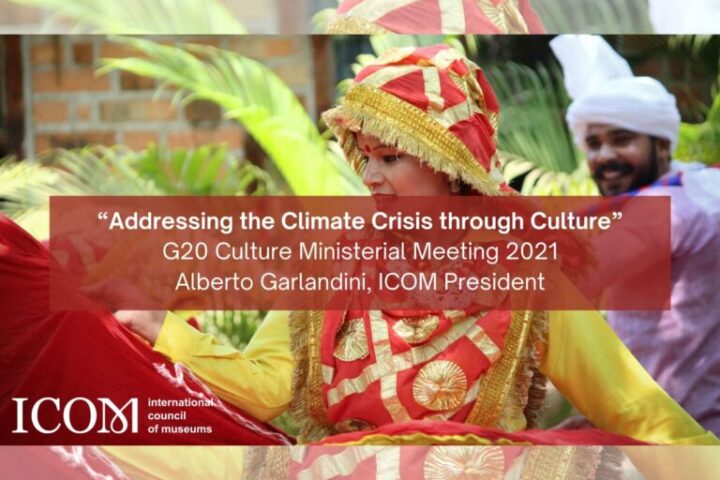The G20 recognised the key role of museums as key partners in driving sustainable development and fighting climate change.
The intergovernmental forum, comprising 19 countries and the European Union, issued a declaration following the ministerial meeting on culture highlighting the diversity of contributions museums make to sustainable growth, from educating the public on the challenges of climate change to protecting heritage from the natural catastrophes that result from it. The declaration also welcomed ICOM’s efforts in supporting cultural activities that highlight and address climate issues.
The declaration represents a strong commitment of the international forum with both the UN Sustainable Development Goals and the role culture can play in achieving them, calling for “the full recognition and integration of culture and the creative economy into development processes and policies, involving all levels of societies, including local communities, as a driver and an enabler for the achievement of the Goals set out in the United Nations’ 2030 Agenda for Sustainable Development”.
The ministerial meeting, organised by the G20 Italian Presidency, brought together the ministers of culture of the G20, international organisations, and other key stakeholders from civil society. ICOM was one of the two non-governmental organisations invited and its role in fostering cultural action at the international level was recognised in the final declaration.

In regards to the protection of heritage, the Culture G20 called on the ratification of relevant international agreements and Conventions on illicit traffic of cultural goods and progress on further development and better implementation of international standards in strong cooperation with relevant international organisations, including ICOM. It also encouraged the reinforcement of dialogue, structured cross-sectoral and interdisciplinary cooperation and synergies among cultural heritage and disaster-risk management stakeholders at the local (including persons belonging to local and Indigenous communities), national, regional and international level, including ICOM, to protect cultural heritage and fight the illicit trafficking in cultural properties.
The summit explored topics around how museums can be integrated as key drivers in the post-pandemic recovery and how they serve as essential players in addressing the climate crisis through culture, which represents one of their active contributions to the implementation of the UN Sustainable Development Goals.
During the meeting, ICOM President Alberto Garlandini highlighted the importance of ICOM’s representation of the international museum community in the climate change discourse: “Many studies confirm that museums are amongst the most trusted institutions across the globe. Museums are in a unique position to support sustainable environmental policies, to disseminate scientific information and encourage sustainable practices in their local communities.”


